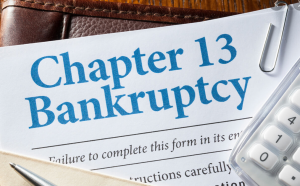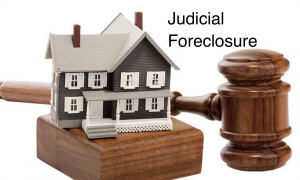By Sandra Gottlieb and Alyssa Klausner, Community Association Attorneys at SwedelsonGottlieb
 As many of you likely know, when a homeowner files a Chapter 7 bankruptcy, they may be able to “discharge” their obligation to pay the pre-bankruptcy petition debts including the assessments they owe their community association. And you likely know that when an owner files a Chapter 13 bankruptcy, they are looking for a way to reorganize and not discharge their debts. And we all understood, or at least thought we understood that the assessments that became due after the owner filed bankruptcy, the post-petition assessments, would not be discharged.
As many of you likely know, when a homeowner files a Chapter 7 bankruptcy, they may be able to “discharge” their obligation to pay the pre-bankruptcy petition debts including the assessments they owe their community association. And you likely know that when an owner files a Chapter 13 bankruptcy, they are looking for a way to reorganize and not discharge their debts. And we all understood, or at least thought we understood that the assessments that became due after the owner filed bankruptcy, the post-petition assessments, would not be discharged.
A new case in the 9th Circuit, Goudelock v. Sixty-01 Association of Apartment Owners, changes this understanding. The Court in that case held that post-petition assessments that become due after a debtor has filed for Chapter 13 bankruptcy are also dischargeable under Federal bankruptcy law (11 USC Section 1328 (a)). In the Goudelock case, the debtor/delinquent owner surrendered the property in her Chapter 13 Plan, and the lender subsequently foreclosed on the property. The association then sought to determine that the delinquent post-petition assessments from the date the debtor filed for bankruptcy until the date the lender foreclosed on the property were not dischargeable. While the bankruptcy court ruled in favor of the association, the Court of Appeal reversed the bankruptcy court holding that post-petition assessments arise from the pre-petition debt and therefore the debtor’s personal obligation to pay said debt (both the pre-petition and post-petition assessments) is eliminated when the debtor is granted discharge in his/her/its bankruptcy case.
 HOA Law Blog
HOA Law Blog



 By Brian Moreno, Senior Associate at SwedelsonGottlieb, Community Association Attorneys
By Brian Moreno, Senior Associate at SwedelsonGottlieb, Community Association Attorneys